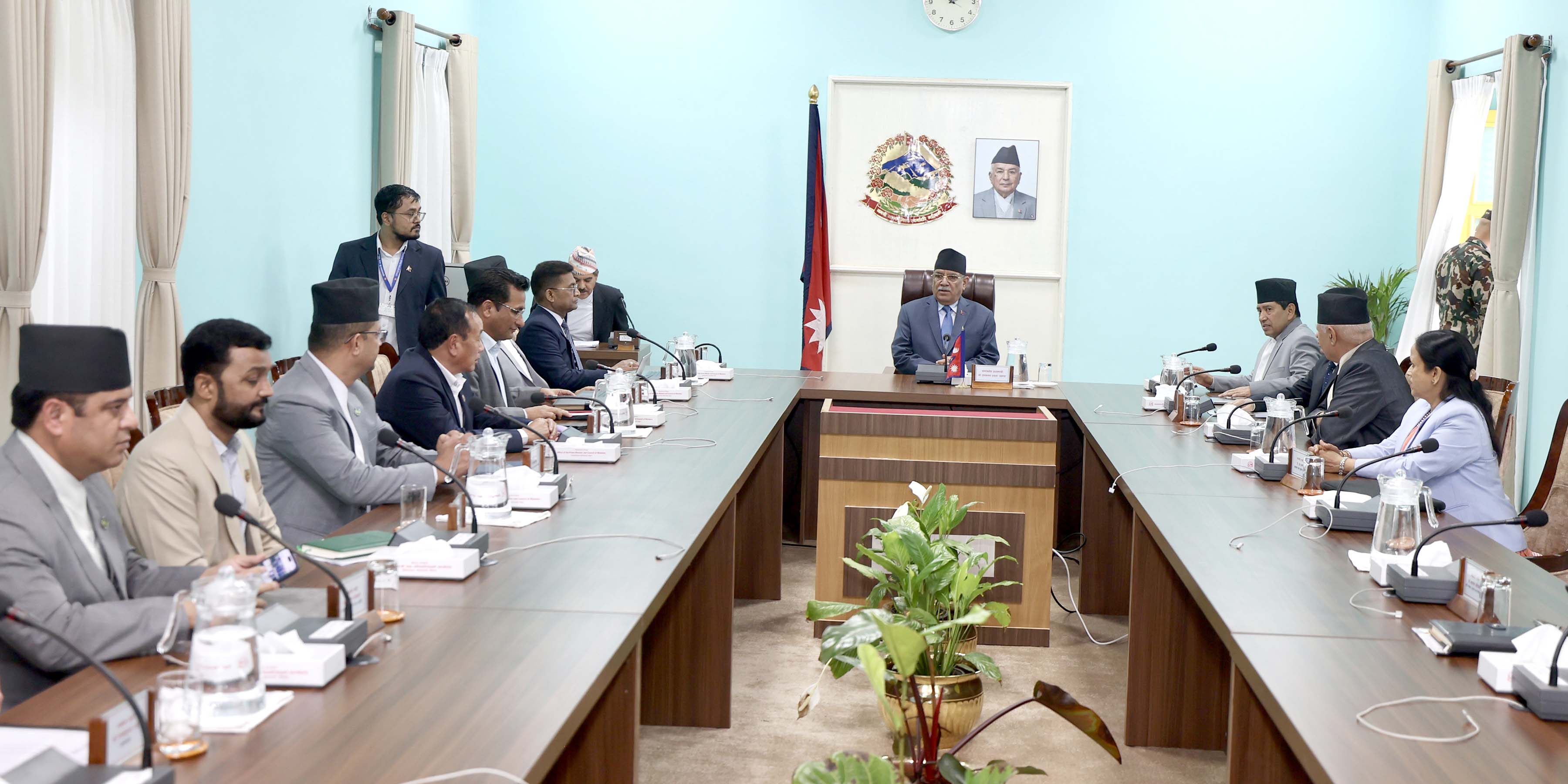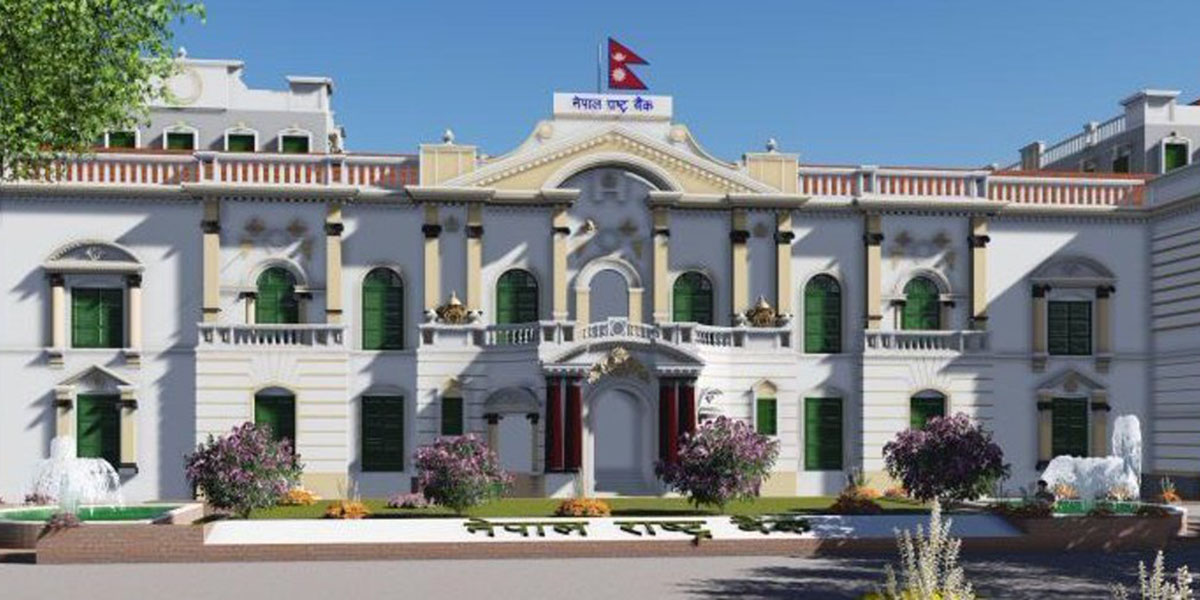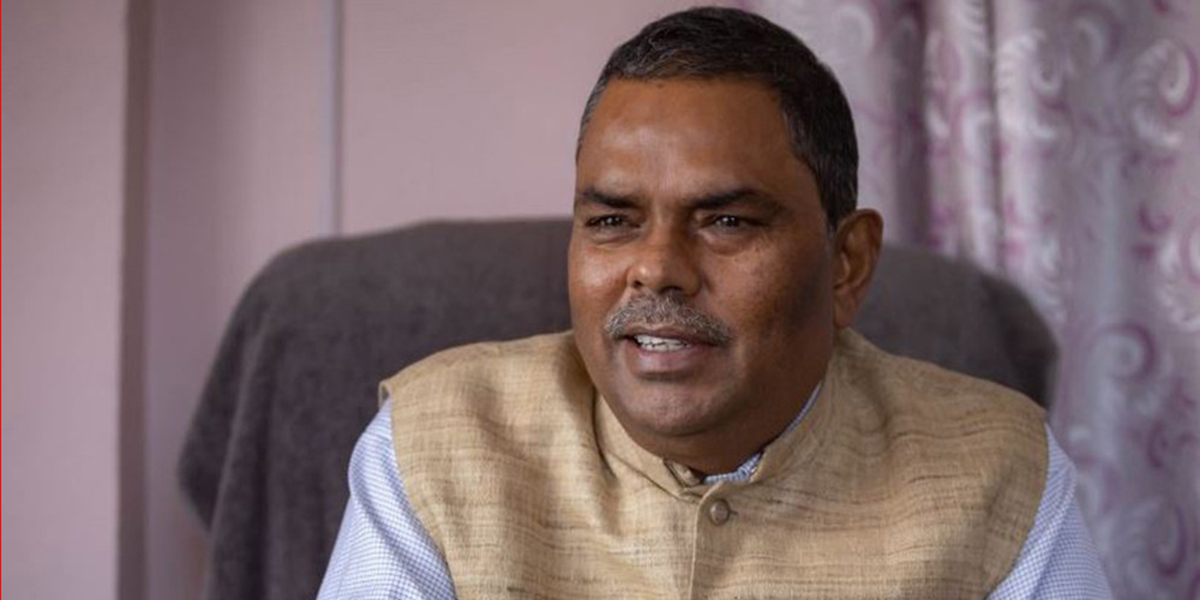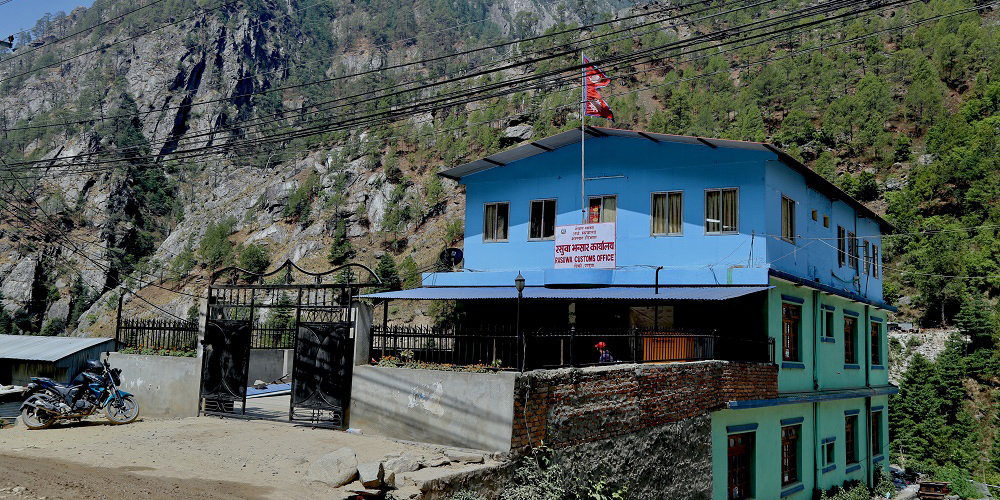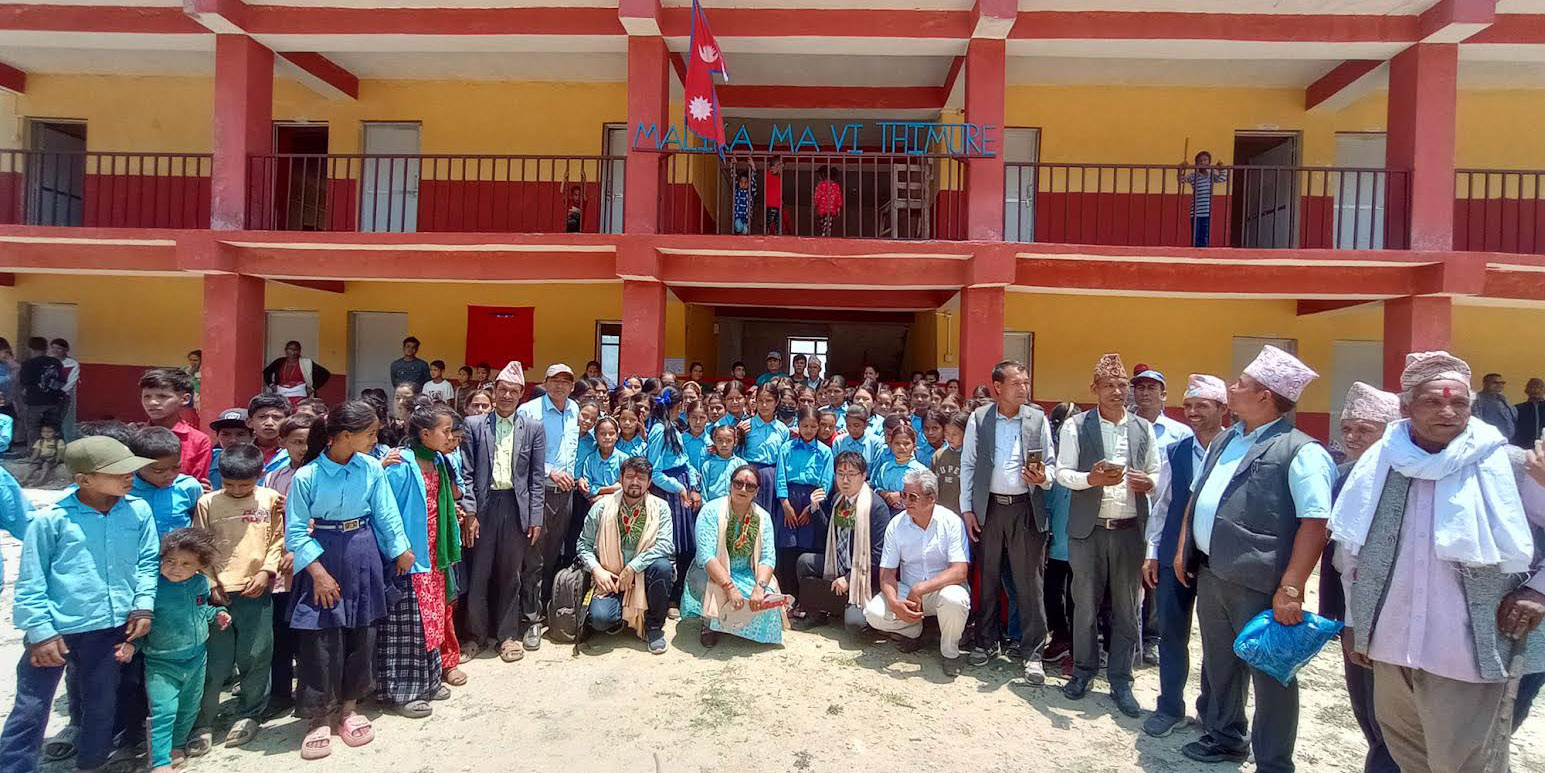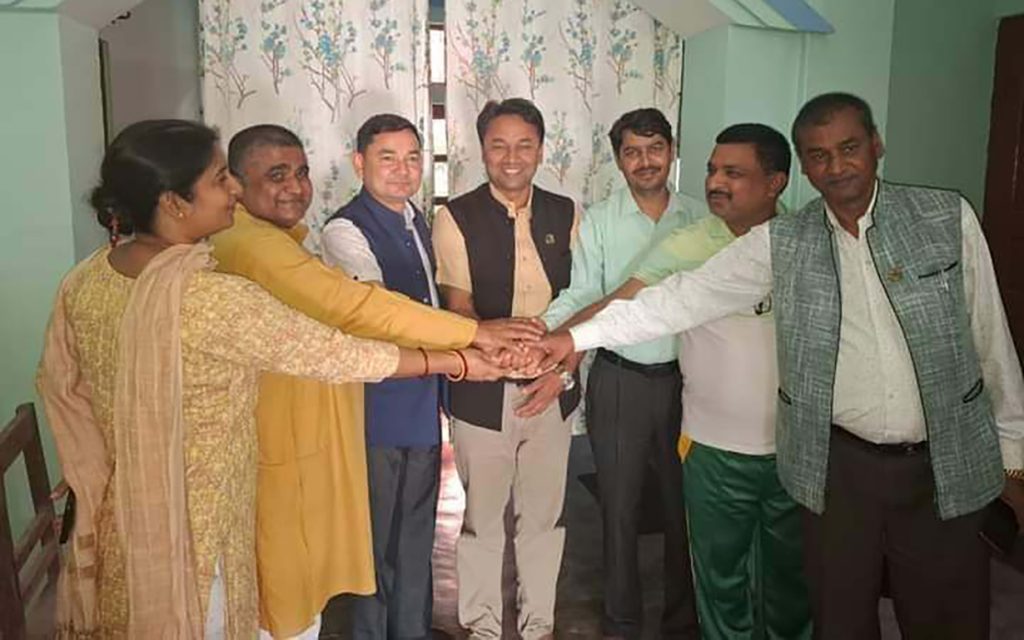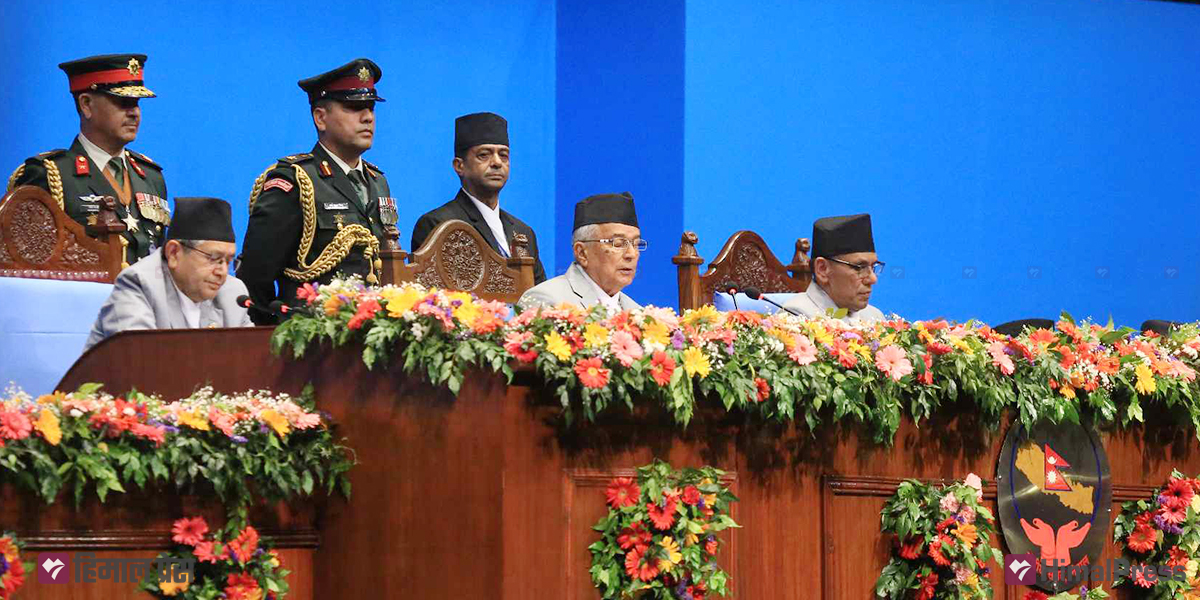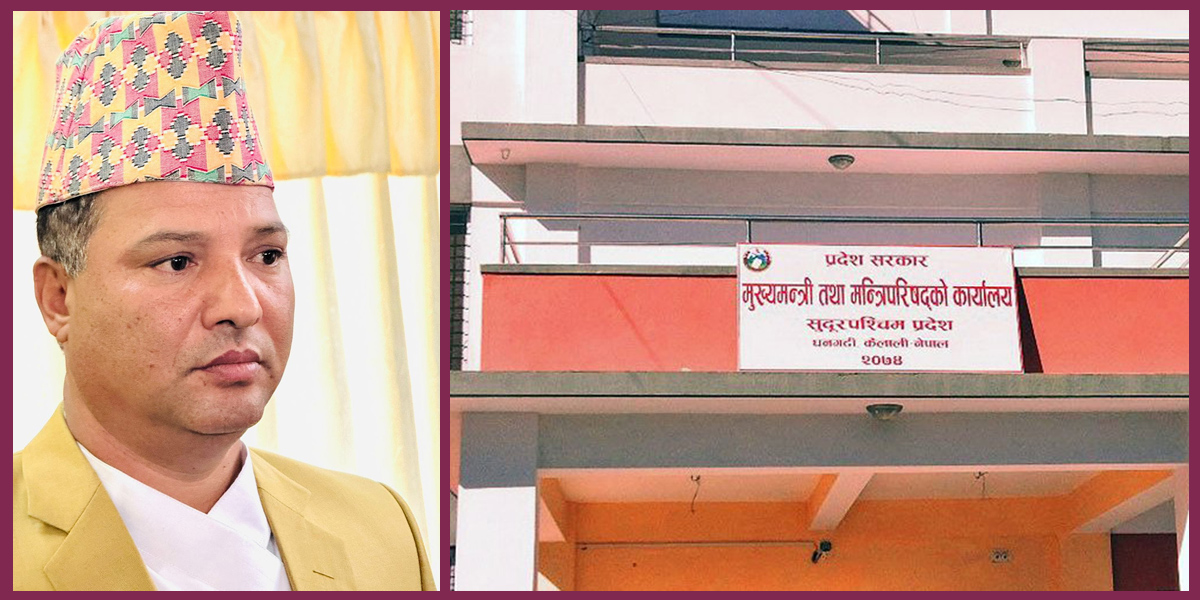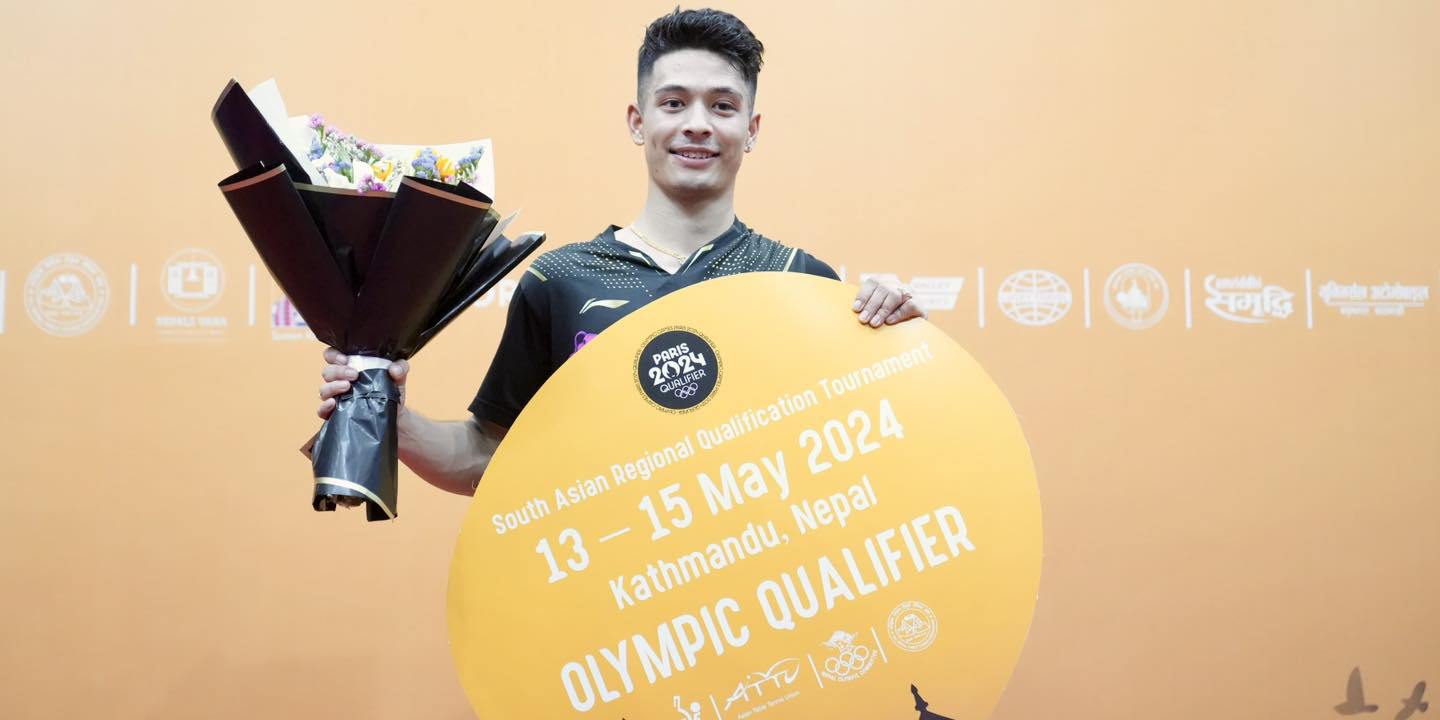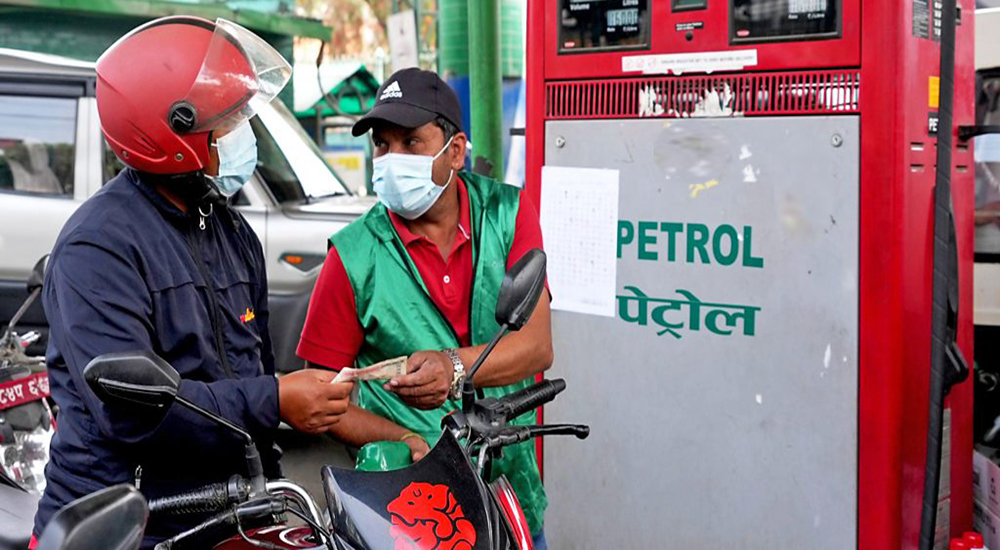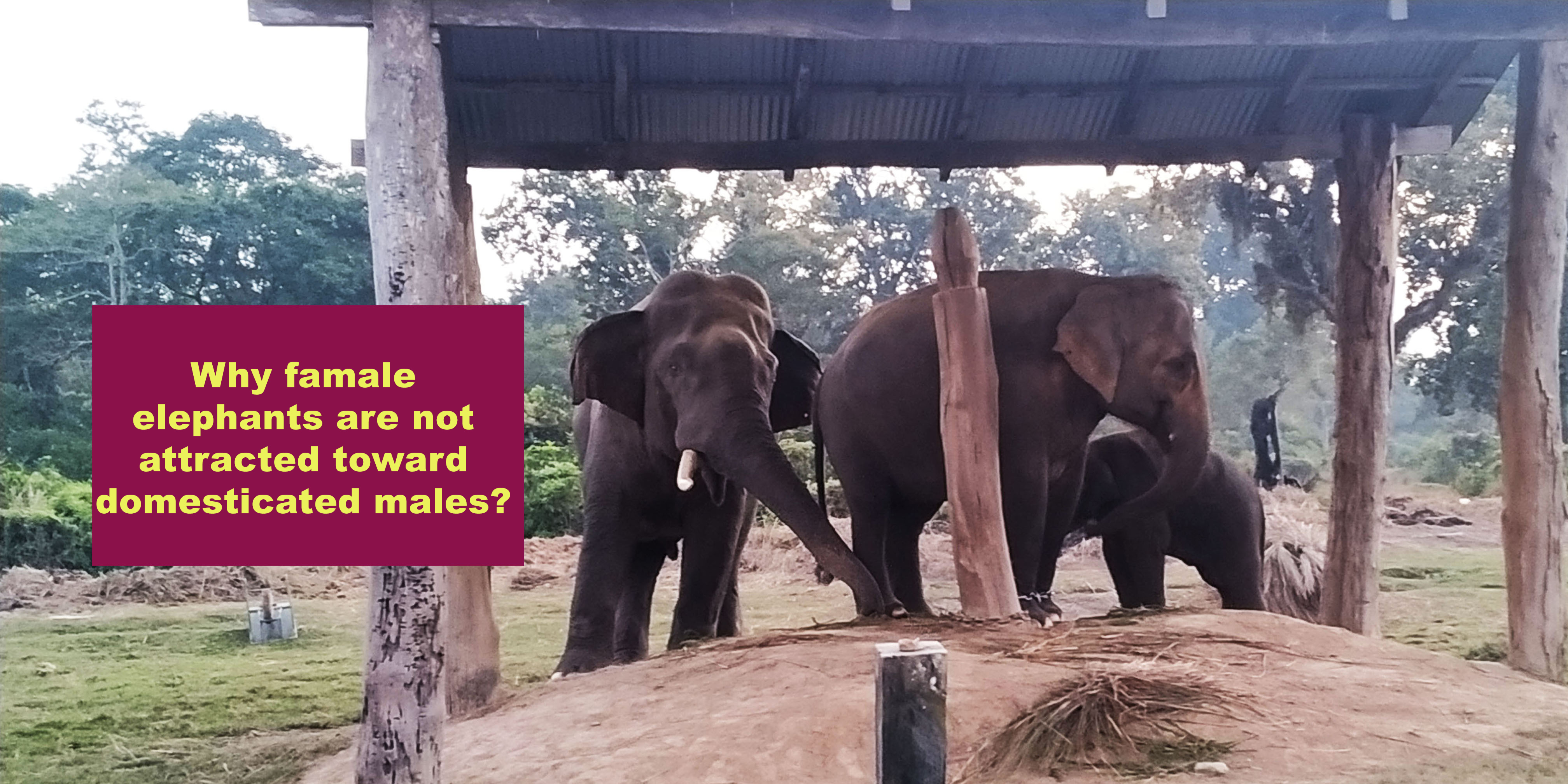 Photo: Binod Shrestha
Photo: Binod Shrestha
KATHMANDU: How do elephants reproduce? The answer is simple – through the mating of a male elephant and a female elephant.
However, not all male domesticated male elephants are capable of breeding. That is why the Elephant Breeding Center at Chitwan National Park (CNP) is using wild elephants for breeding.
So why does a female elephant need a wild male elephant? Dr. Kamal Prasad Gaire, a former chief animal technician at CNP, explains, “Often, domesticated elephants are not capable of breeding, so they are inseminated by wild elephants.”
Gaire further explains that domesticated male elephants are often tied up most of the time and cannot roam freely, which reduces their reproductive capacity. Budhan Chaudhary, who was the chief of CNP’s elephant breeding center for a long time, agrees with Gaire.
“Domestic elephants have to go on patrols most of the time, and at other times they are chained and kept in captivity. This reduces their reproductive capacity,” Chaudhary said.
Gaire further explains that domesticated male elephants are not as strong and healthy as wild ones. He adds that the breeding process of elephants is complicated, stating, “The reproductive process of elephants is aggressive, and there may be risks involved when using domesticated elephants.”
This does not necessarily mean that domesticated male elephants are not capable of breeding. According to CNP officials, domestic male elephants are also used for breeding in India.
“Since wild elephants are readily available for mating, we are not taking the risk of using domesticated males for insemination,” added Gaire.
However, if a domesticated male elephant were to be used for insemination, it would need to be made stronger and healthier by providing a better diet. Unfortunately, the breeding center cannot afford to do so at the moment.
Experts in elephant behavior suggest that domesticated males do not have the same level of influence as their wild counterparts, and as such, females may not be as attracted to them.
It doesn’t mean that CNP officials never used domesticated male elephants for reproduction. In the 1980s, CNP officials attempted to use Birendraprasad Gaj, a domesticated male elephant gifted by the government of Myanmar, for breeding. However, they did not achieve the expected success.
“Initially, we had tried breeding domesticated male Birendraprasad Gaj with female Shrutikali, but it was unsuccessful,” said Gaire.
Later, officials attempted to breed Birendraprasad Gaj with another female, Laxmikali, which also failed. However, Rampyari, another female, conceived and gave birth to two calves. But, one of the calves died shortly after birth.
Birendraprasad Gaj weakened quickly and eventually died, according to Chaudhary.
CNP officials have reported that male wild elephants named Romeo, Ronaldo, and Dhrube come to the breeding center to mate with domesticated females.
Experts in elephant behavior suggest that domesticated males do not have the same level of influence as their wild counterparts, and as such, females may not be as attracted to them.
“Females are attracted to influential and attractive males, and domesticated males may not be able to demonstrate those qualities,” elephant expert Narendra Man Pradhan said.
The Elephant Breeding Center was established in the late 1980s with six male and 14 female elephants. Sixteen of these elephants were brought from India, while two each were gifted by the governments of Thailand and Myanmar.
According to Chaudhary, the former chief of the breeding center, a female elephant named Rampyari gave birth to a calf about two years after the establishment of the breeding center. Three days later, another female named Bhrikutikali gave birth to a male calf named Ramgaj.
Currently, CNP has a total of 54 elephants, including calves.



